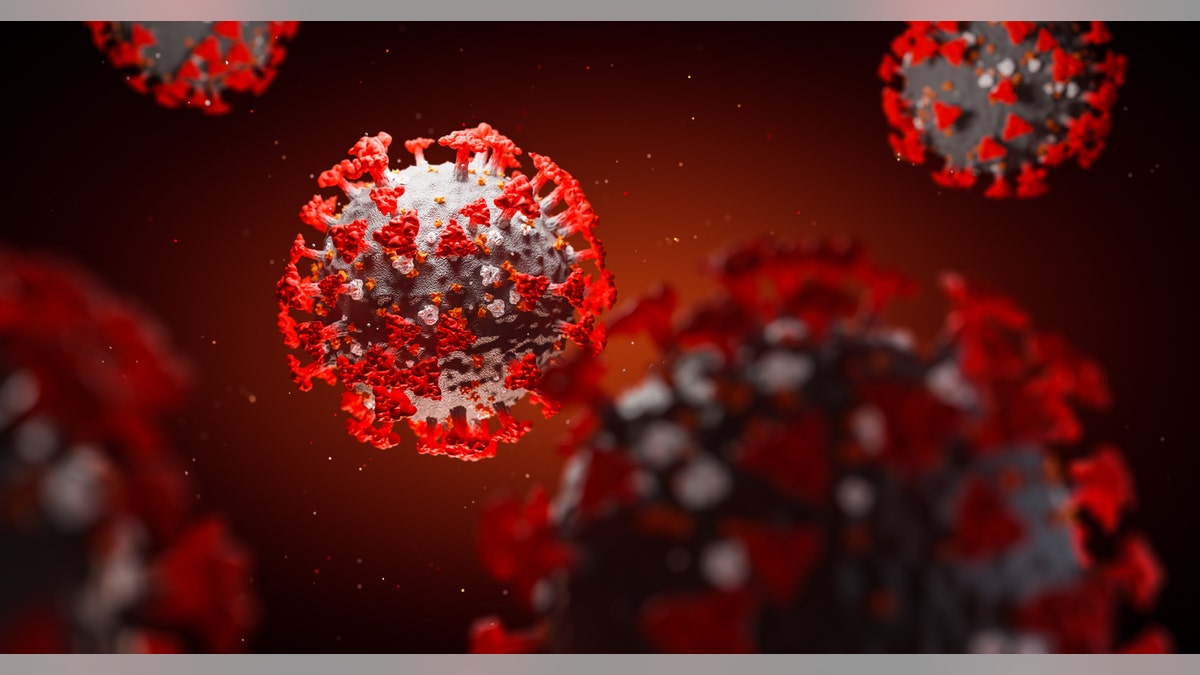CDC: New airborne transmission guidance was 'draft version' posted by mistaken
Fox News' Steve Harrigan reports on CDC correction on coronavirus guideline.
A new study suggests a mosquito-borne illness called dengue may afford some immunity against coronavirus.
Researchers at Duke University analyzed factors contributing to the spread of coronavirus cases in Brazil, and found an inverse correlation between the percentage of people with antibody levels for dengue fever and COVID-19 cases, growth rate and mortality.
“States in which a large fraction of the population had contracted dengue fever in 2019-2020 reported lower COVID-19 cases and deaths, and took longer to reach exponential community transmission, due to slower SARS-CoV-2 infection growth rates,” study authors wrote.

A new study suggests a mosquito-borne illness called dengue may afford some immunity against coronavirus. (iStock)
CORONAVIRUS LIVE UPDATES: GET THE LATEST DEVELOPMENTS HERE
A similar inverse correlation was also said to be found among countries in Asia and Latin America and islands in the Pacific and Indian Oceans.
The findings were released in medRxiv on Monday and await peer review.
The study authors hypothesized that a safe and effective dengue vaccine could offer some immunity against SARS-CoV-2 before a coronavirus vaccine is available.
Miguel Nicolelis, the lead study author and professor at Duke University, told Reuters that the findings are interesting given previous research showing that those with dengue antibodies turn up false-positive COVID-19 tests, despite no coronavirus infection.
“This indicates that there is an immunological interaction between two viruses that nobody could have expected because the two viruses are from completely different families,” Nicolelis told Reuters, saying more research is needed to verify the finding.
According to data compiled by Johns Hopkins University, Brazil ranks third worldwide for the highest number of reported COVID-19 cases at nearly 4.6 million, preceded only by the U.S. with its nearly 6.9 million reported infections and India’s 5.6 million. Brazil tops India in coronavirus-related deaths, however, and ranks second globally at 137,272 reported deaths.
FLORIDA KEYS SEES FIRST DENGUE FEVER OUTBREAK IN A DECADE
The researchers noticed a discrepancy of coronavirus cases in some areas of Brazil; states like Paraná, Santa Catarina, Rio Grande do Sul, Mato Grosso do Sul and others “tended to display a very slow growth of COVID-19 cases” after initial cases reported in March.
Researchers said the slow growth happened despite the states crossing major highways and a heavy influx of traffic from the “super-spreading” city of São Paulo.
Nicolelis also told Reuters that the team came across the findings by accident.
“It was a shock. It was a total accident,” Nicolelis told Reuters. “In science, that happens, you’re shooting at one thing and you hit a target that you never imagined you would hit.”








































